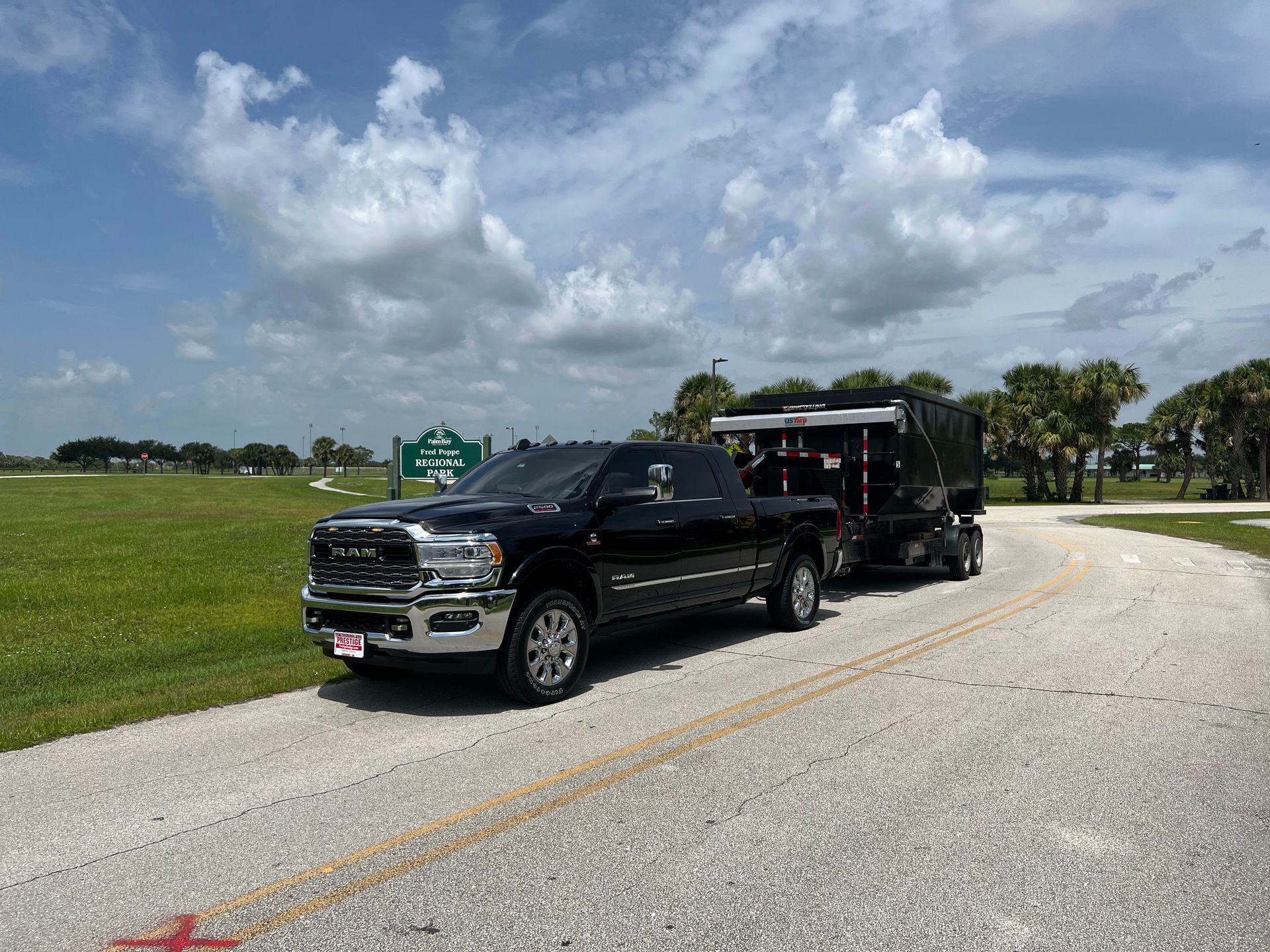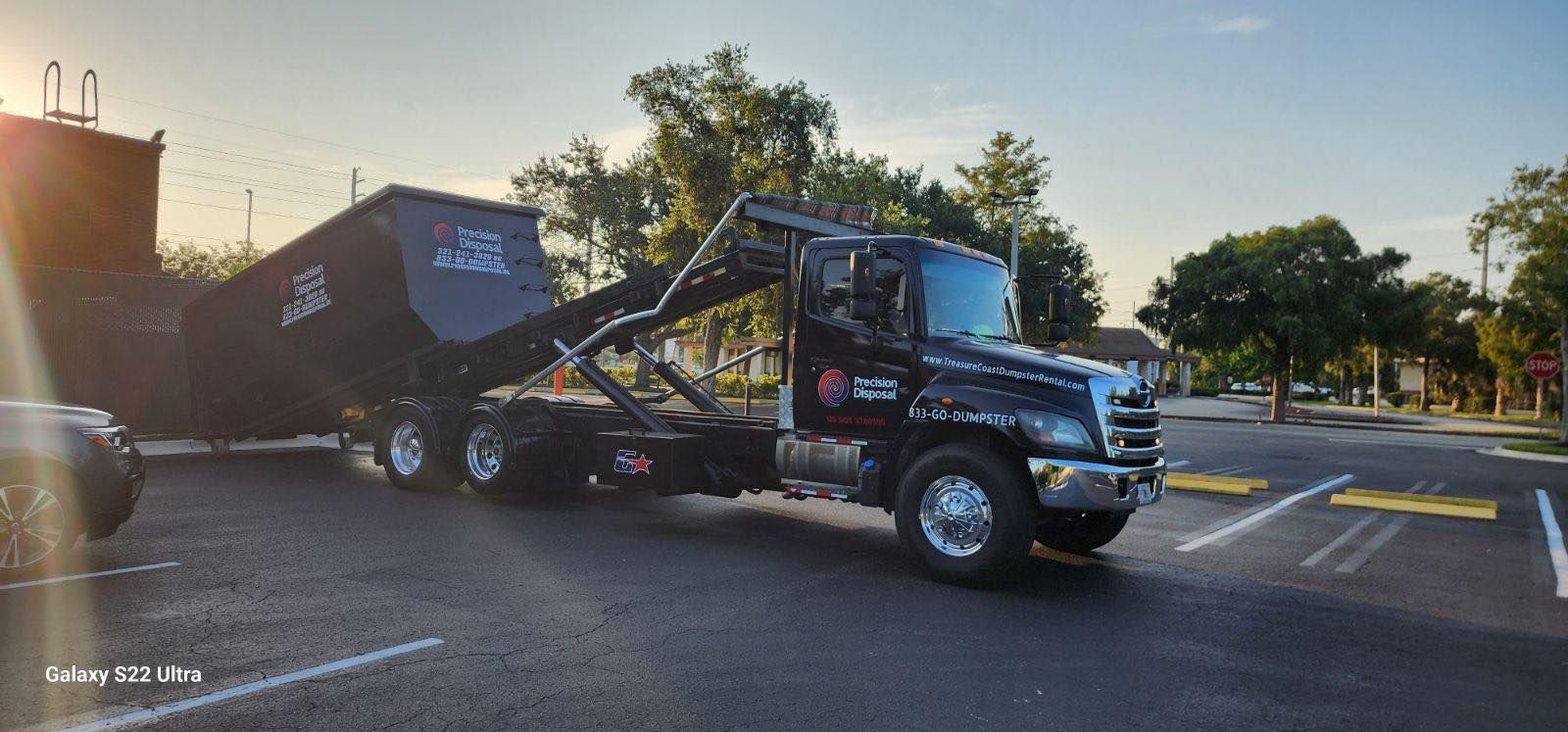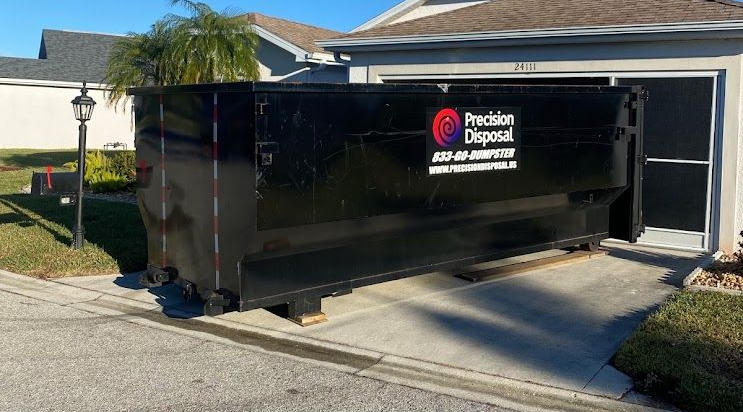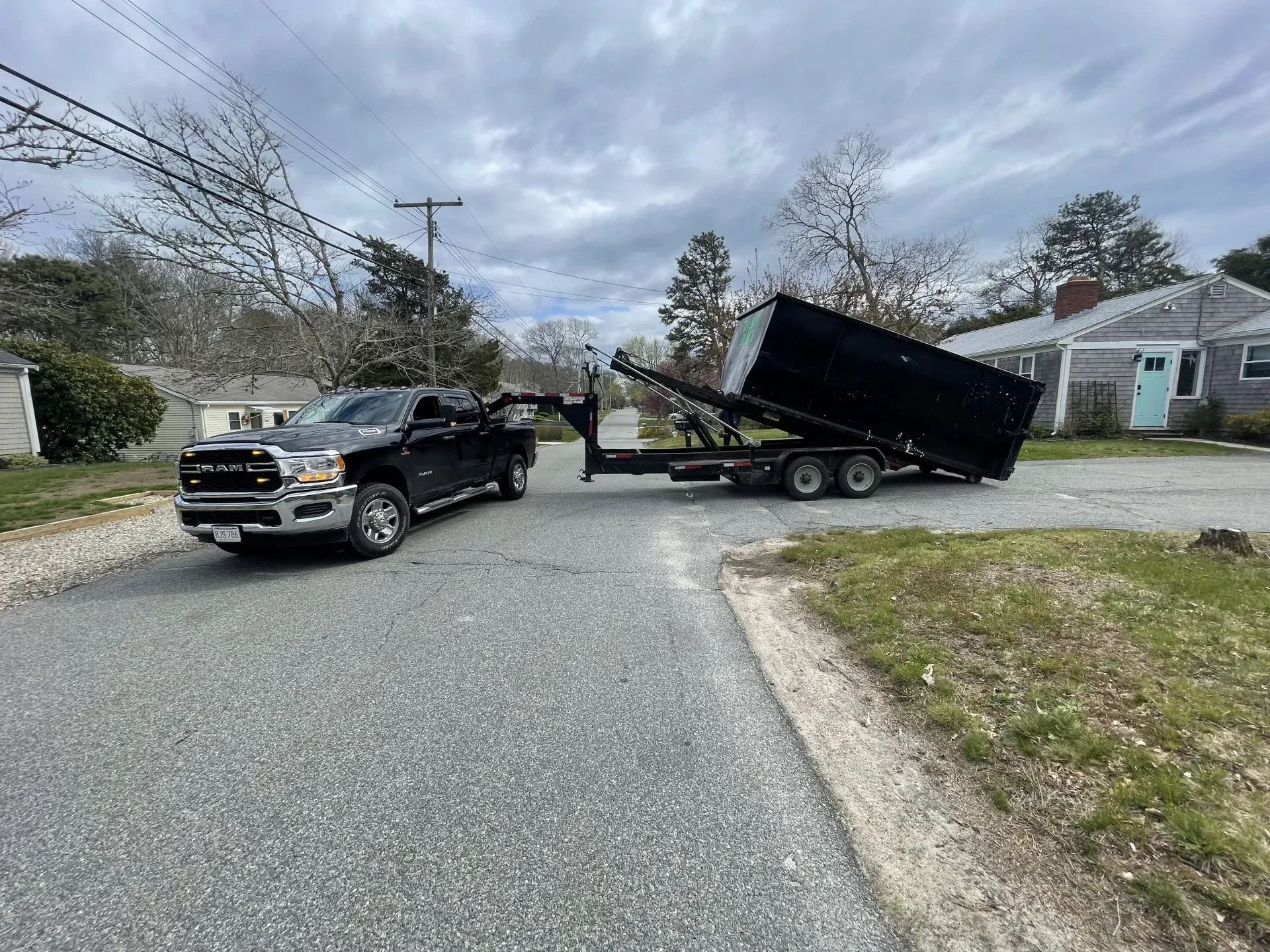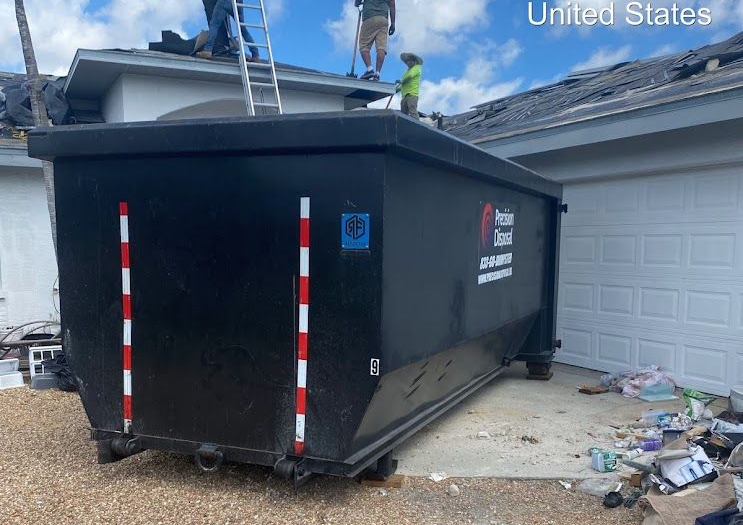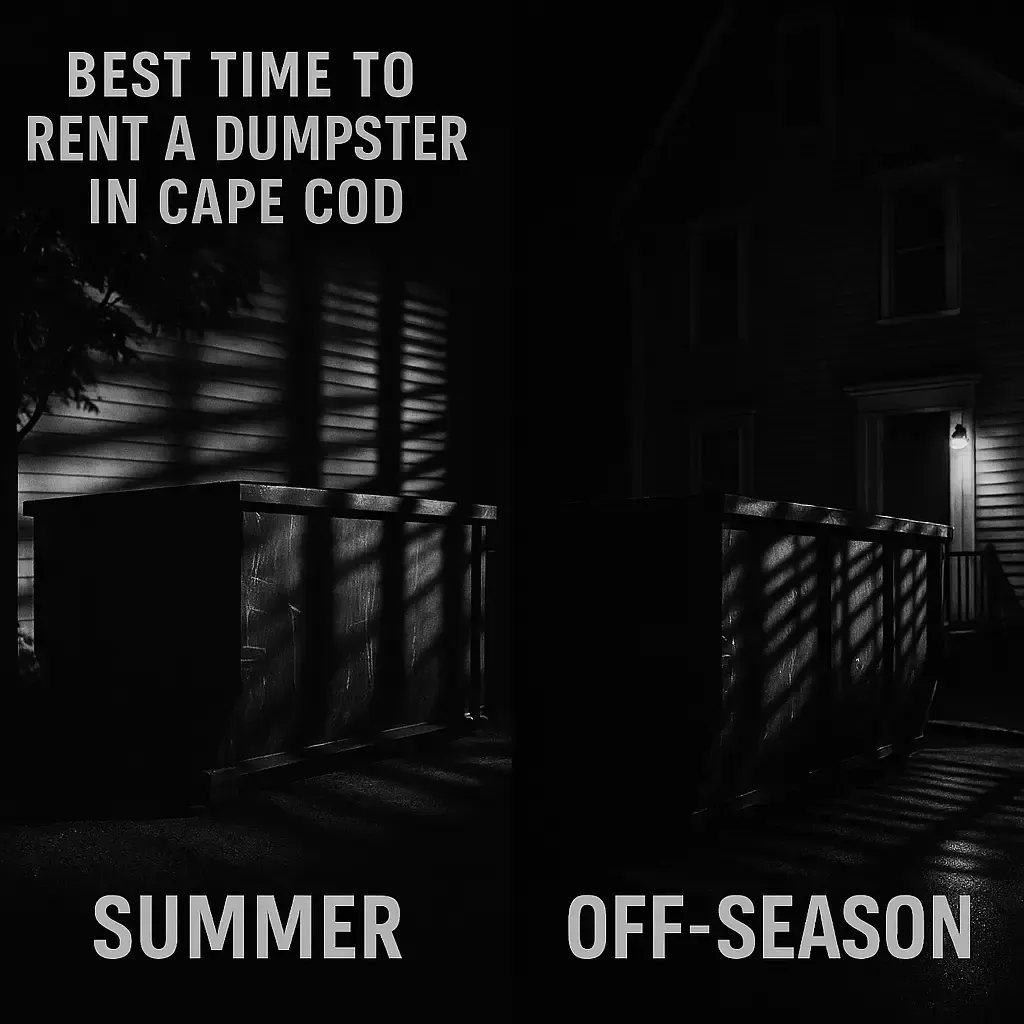What You Can (and Absolutely Can’t) Put in a Dumpster in 2025
Each county has its own rules and regulations, here's some guidance on dumpster rental contents
Sorting isn’t about being nice—it’s how you keep the load haulable and the bill normal. Here’s the real-world list that crews use.
Allowed (typical)
- Cleanouts: furniture, clothing, toys, non-refrigerated appliances (doors removed).
- Construction/demo: framing, drywall, subfloor, cabinets, doors, windows (tape/wrap glass).
- Roofing shingles: yes—treat as dense.
- Yard debris: branches/leaves; keep cut ends inward to prevent punctures.
Not allowed (or special handling, period)
- Liquids/chemicals (paint, thinners, fuels, pool chems, pesticides)
- Batteries (car, lithium, tool packs)
- Pressurized tanks (propane/helium)
- Mercury items (fluorescent tubes, some thermostats)
- Refrigerant appliances (recovery required before loading)
- Tires (use tire retailers/programs)
“Ask first” items (policies vary by site)
- Electronics/TVs/monitors
- Soil, concrete, brick, dirt (heavy—clean fill rules differ)
- Railroad ties/treated wood
- Latex paint (only fully dried)
Field-tested loading rules that make anything above work
- Heavy low/centered; corners with light material.
- Break down everything bulky to kill air pockets.
- Door latched before topping from the sides.
- Below the rails—every single time.
Massachusetts (MA): Material bans and how to work around them
- Mattresses & certain e-waste: commonly diverted; staging a “no-can” pallet saves a rejected load.
- Legacy materials are dense. Plaster/lathe and masonry make a 20 feel like a 10. Use 10/15 for pure heavy, or keep 25/30 flat and pull at the stop line.
- Windows & glass: tape/wrap to keep shards contained—drivers notice and appreciate it.
Rhode Island (RI): Town nuances you should respect
- Transfer station habits differ. Don’t mix electronics with general C&D unless you’ve cleared it.
- Tight approaches mean exact placement matters. Mark the rails and the angle.
- Small-volume dense jobs (bath gut with tile/plaster): a 15 yd often beats a 20 on total fees.
SWFL / Florida: High-density materials without drama
- Tile, pavers, stone, roofing. Treat as dense from the start. A 25/30 is fine if you keep it flat and pull on time; otherwise 10/15 for pure heavy runs.
- Condo & HOA specifics: Some require itemized lists of restricted materials on site. Print it, tape it, follow it.
- Window/door replacements: stack flat, strap if needed; keep metal fasteners from puncturing liners.
Unsure about a specific item?
Shoot us a photo. Precision Disposal will say “yes/no” and point you to the right option.

